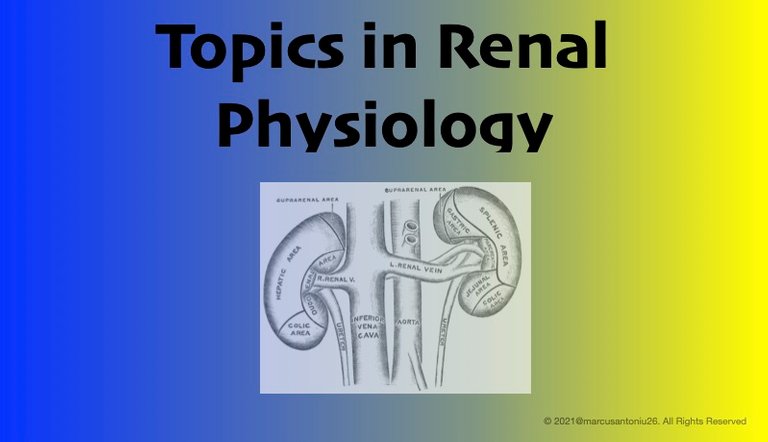
Pressure natriuresis is the mechanism by which the kidneys excrete sodium in response to increases in systemic blood pressure. The mechanism seems to be as follows:
- Systemic blood pressure is transmitted to the renal circulation, increasing the renal perfusion pressure
- The increase in the renal perfusion pressure increases medullary blood flow and renal interstitial hydrostatic pressure (RIHP).
- Renal autocoids such as nitric oxide (NO), prostaglandins, kinins, and angiotensin II are released in response to the increase in RHIP.
- NO is known to reduce sodium reabsorption at different points of the tubule. It has been seen that the administration of NO synthase inhibitors via the renal artery suppresses pressure natriuresis.
References
https://pubmed.ncbi.nlm.nih.gov/11884271/
https://www.sciencedirect.com/topics/medicine-and-dentistry/natriuresis